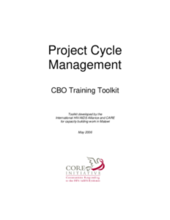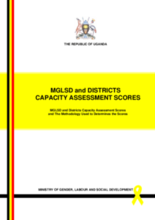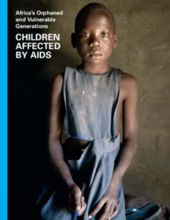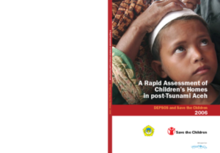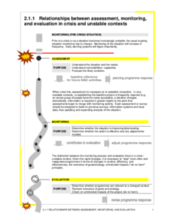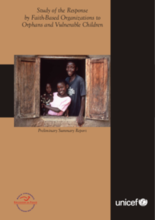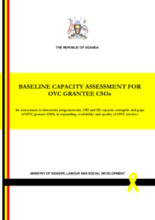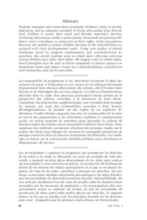Displaying 471 - 480 of 565
A toolkit to support community based organizations in developing countries to design, manage and learn from their projects in a systematic way. It focuses on building understanding of the ‘project cycle’, and is primarily targeted for organizations working on issues related to HIV and AIDS.
Reports on an evaluation of the monitoring system for children in the custody of the Jamaican government. Highlights problems and inefficiencies inherent in the monitoring process. Includes recommendations.
The methodology and tools used to score a capacity assessment to determine Uganda's MGLSD and district management capacity needs to provide leadership and coordination of the national response to OVC and AB/Y.
This report contains new and improved research and statistical infortmation on orphans and vulnerable children, including what governments, NGO's, the private sector and the international community can do to better respond.
Examines institutional and family care in post-Tsunami Indonesia. Includes situational analysis, key issues, and recommendations.
A website that contains statistical information on children in 27 countries across Central and Eastern Europe. The site contains relevant child protection indicators, including the number of children in institutional care.
One-page flow-chart diagram outlining the purpose of and relationship between assessment, monitoring, and evaluation processes.
A study that looks at the response of faith-based organizations in Kenya, Malawi, Mozambique, Namibia, Swaziland, and Uganda. The report contains statistical information, and details positive care practices to build on, and negative examples to avoid.
Findings and methodology of a capacity assessment of OVC Grantee CSOs in Uganda.
Explores the ways in which data collection activities affect children’s rights and suggests methods by which rights-based principles may be used to derive appropriate safeguards to prevent unintentional harm and abuse.

